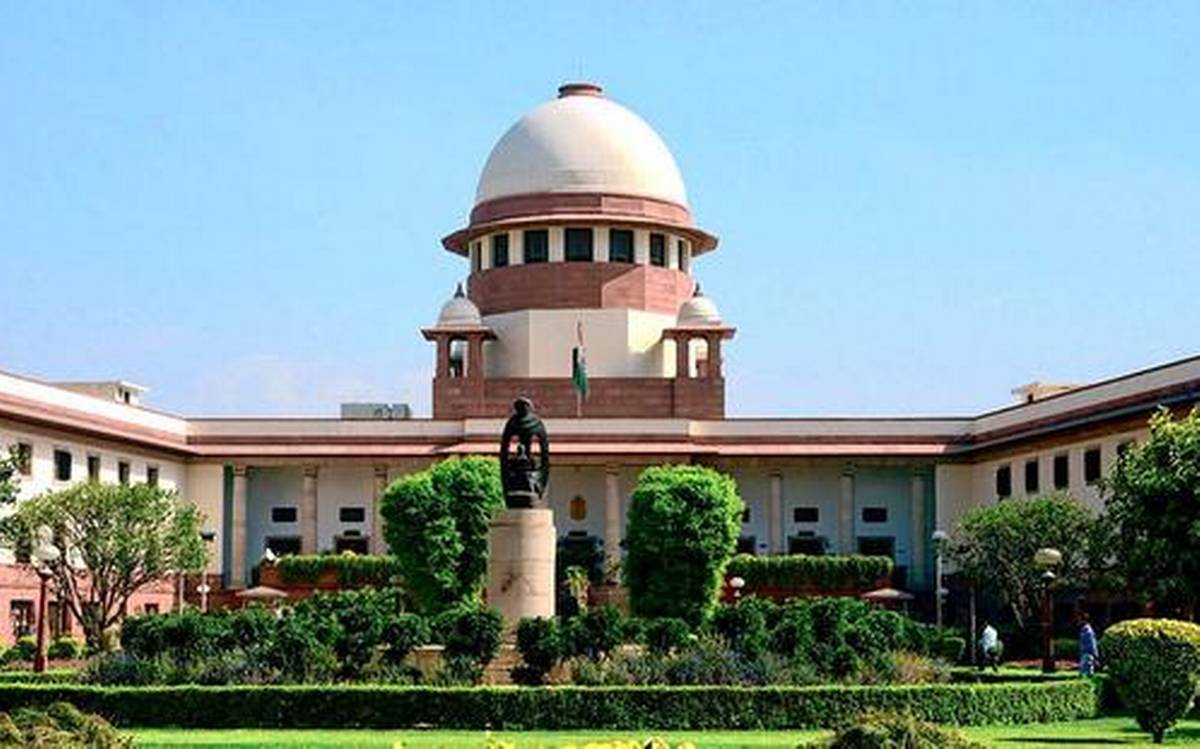Synopsis: On account of COVID-19, the application highlighting the destitution faced by sex workers seeks relief measures for over nine lakh women and transgender sex workers across the nation.
Today, the Supreme Court ordered state governments to ensure that sex workers are given dry rations without insisting on proof of identity.
The Bench of Justices L Nageswara Rao and Ajay Rastogi directed that this benefit be provided to sex workers identified by the National AIDS Control Organization (NACO) and state committees.
In four weeks, the state governments have been asked to notify the Court of the enforcement of this order and of the number of sex workers who have benefited from it.
The Court observed, while passing its order, that it is satisfied that none of the states or the Centre has taken an adversarial role.
An application filed by the NGO Durbar Mahila Samanwaya Committee was heard by the Court, which had moved the Court to emphasise the destitution suffered by sex workers on account of COVID-19. The application seeks relief measures in the country for over nine lakh female and transgender sex workers.

The Court held, in its judgement of February 2011, that sex workers have a right to live with dignity. Subsequently, a committee was set up to review the different laws and perform a research related to the conditions of sex workers. The rehabilitation of sex workers was one of the terms of reference.
The Committee submitted to the Court a number of preliminary reports, before submitting a final report in September 2016. The Court noted that the third interim report relates to the easing of the current rigours relating to the identification of sex workers. Among the suggestions made are that a voter ID card should not be refused to sex workers because of their occupation.
With respect to this aspect, the Court noted that it is difficult for sex workers to obtain voter ID cards or open bank accounts. The court claims that, since they have the same basic rights as any other person, they do not face these difficulties. The Centre and the States had to take the recommendations of the panel in the third interim report seriously. Such guidelines are followed expeditiously.
The Bench also observed that the subject-matter of the third interim report, namely the identity of sex workers, is the subject-matter of the bill pending before Parliament.
On the aspect of rations, the Court stated that the points raised in this application were at issue at this stage. It is concerned that due to lack of identity proof, sex workers can not access dry ration, cash transfers and other facilities.
Additional Solicitor General RS Suri submitted that, in principle, if states offer facilities without insisting on identity proof, the Centre does not have an objection. Counsel for Maharashtra , Karnataka and West Bengal submitted that without insisting on Voter ID etc., they had already introduced measures to provide dry ration.
Senior Advocate Jayant Bhushan, Amicus Curiae, argued in the case that the existence of schemes through which the facilities sought in this application could be offered to sex workers was not clear.
Senior Advocate Anand Grover, appearing for the members, stated that there is a significant gap in the identification of sex workers.
Upon hearing the parties, Justice Rao claimed that the tribunal is concerned with providing sex workers with dry ration for their survival. The issue listed is that most of these sex workers are not in a position to benefit from different state and centre schemes because they do not have proof of identity.
Ultimately, without insisting on ID evidence, the Court ordered the states to provide rationing for sex workers. The matter will be referred to after four weeks, on 28th October, which is the date on which the States are supposed to send their compliance reports.

